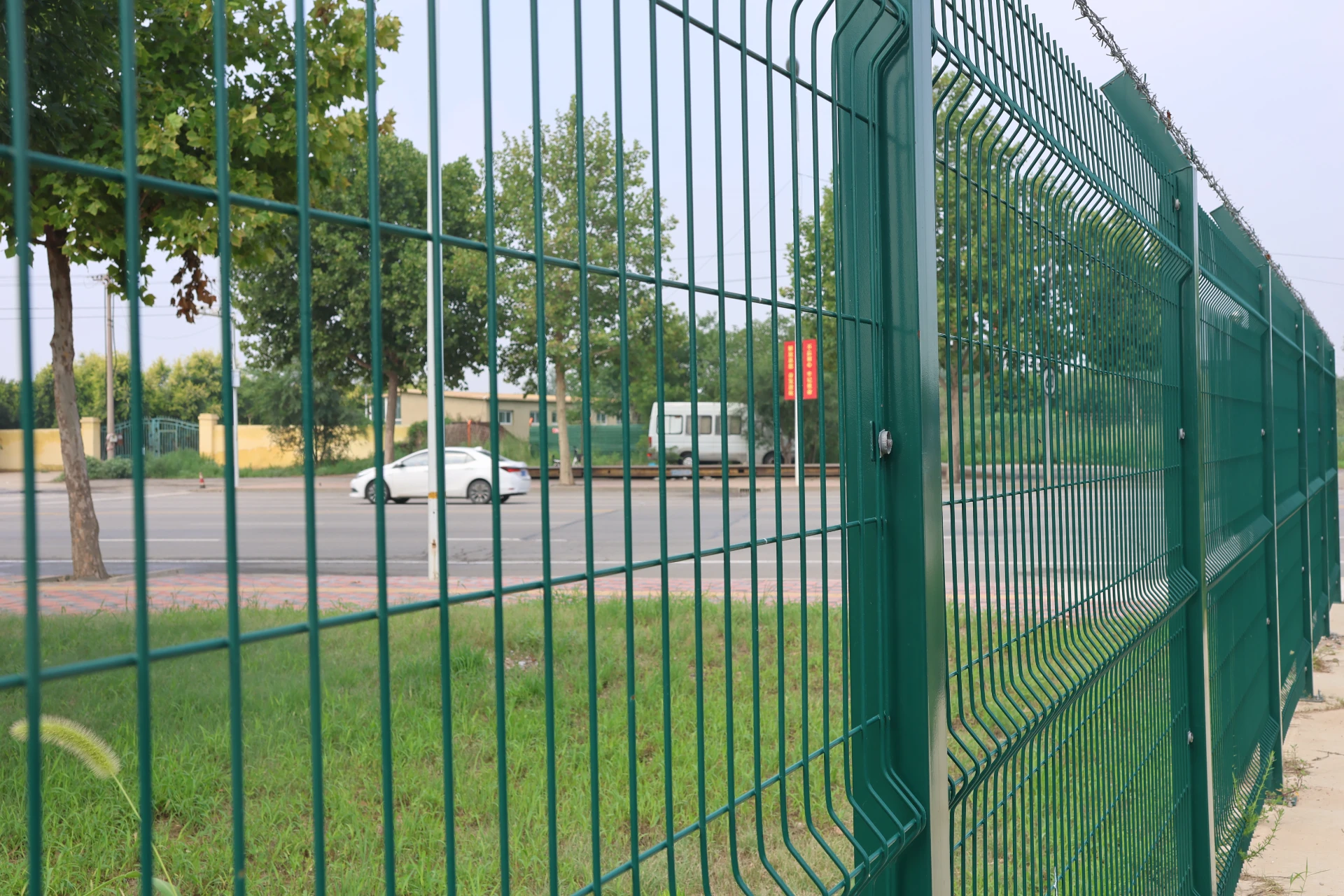wire mesh screen material
Understanding Wire Mesh Screen Material A Comprehensive Guide
Wire mesh screens are essential components used in various industries, including construction, agriculture, food processing, and manufacturing. Their versatility and durability make them a popular choice for applications requiring filtration, separation, and protection. This article explores the different types of wire mesh screen materials, their characteristics, and applications.
What is Wire Mesh?
Wire mesh is a material made from interwoven metal wires, creating a grid-like structure. The size, shape, and design of the mesh can be customized according to specific needs. The wires are typically arranged in a square or rectangular pattern, though other shapes are also available. Wire mesh screens can be made from various materials, including stainless steel, aluminum, brass, and plastic, each offering unique benefits.
Types of Wire Mesh Screen Materials
1. Stainless Steel Wire Mesh Stainless steel is one of the most popular materials used for wire mesh screens due to its corrosion resistance, strength, and long lifespan. This type of mesh is ideal for applications in harsh environments, such as chemical processing, waste treatment, and food production. Stainless steel wire mesh comes in various grades, including 304 and 316, each providing different levels of corrosion resistance and strength.
2. Aluminum Wire Mesh Aluminum wire mesh is lightweight, corrosion-resistant, and non-magnetic, making it suitable for applications where weight is a concern. Although it does not provide the same strength as stainless steel, it serves well in applications like residential construction, where it can be used for window screens and ventilation.
3. Brass Wire Mesh Brass wire mesh is known for its attractive golden color and resistance to corrosion. It is often used in decorative applications, such as arts and crafts, while also serving industrial purposes in filtration and separation processes. Brass wire mesh is less durable than stainless steel, making it more suitable for inner environments.
4. Plastic Wire Mesh Plastic wire mesh is a lightweight and cost-effective alternative to metal screens. It is resistant to corrosion and chemicals, making it ideal for applications in agriculture and aquaculture. Plastic mesh is often used for protecting crops, creating animal enclosures, or as drainage layers in gardening and landscaping projects.
Key Characteristics of Wire Mesh Screen Materials
When selecting wire mesh screen materials, several factors must be considered
wire mesh screen material

- Strength and Durability Stainless steel meshes typically offer the highest strength and durability, suitable for economic and harsh working conditions. Conversely, aluminum and plastic may be chosen for applications where weight is a concern.
- Corrosion Resistance Stainless steel and plastic meshes excel in environments prone to moisture or chemicals. Brass, while attractive, may not perform well in highly corrosive environments.
- Mesh Size and Opening The size of the mesh openings is crucial, as it determines the material’s filtering capability
. Choosing the right mesh size depends on the application – smaller openings for filtration, larger openings for ventilation.- Cost Wire mesh materials vary significantly in price. Stainless steel tends to be the most expensive due to its durability and strength, while plastic options are usually more affordable.
Applications of Wire Mesh Screens
1. Filtration Wire mesh screens play a vital role in filtering liquids and gases in various industries. From water treatment plants to oil and gas applications, wire mesh helps maintain system integrity by removing debris and particles.
2. Construction In the construction industry, wire mesh is used for reinforcing concrete, protecting building perimeters, and providing ventilation in structures.
3. Agriculture Wire mesh is commonly used in farming for protecting crops from pests and animals, while also being utilized in fencing and soil erosion control.
4. Manufacturing Various manufacturing processes require wire mesh for sorting, sifting, and separating materials, ensuring that the right size and quality products are produced.
Conclusion
Wire mesh screens are indispensable in many fields, offering a diverse range of materials and properties to meet specific requirements. Whether for industrial applications, agricultural needs, or home improvement projects, understanding wire mesh screen materials will help you select the best option for your requirements. As industries continue to evolve, the demand for high-quality wire mesh screens will only increase, reinforcing their significance in our everyday lives.
-
Weather Resistance of Woven Wire and Chicken Wire Fencing MaterialsNewsJun.05,2025
-
Umbrella Nails Innovations in Roofing Fasteners for Wind ResistanceNewsJun.05,2025
-
Modern Barbed Wire Fence Designs for Perimeter ProtectionNewsJun.05,2025
-
How Iron Nail Wire Enhances Nail Strength and Installation EfficiencyNewsJun.05,2025
-
High-Security Razor Fence Solutions for Perimeter ProtectionNewsJun.05,2025
-
Durable Wire Netting Fence Solutions for Animal EnclosuresNewsJun.05,2025




